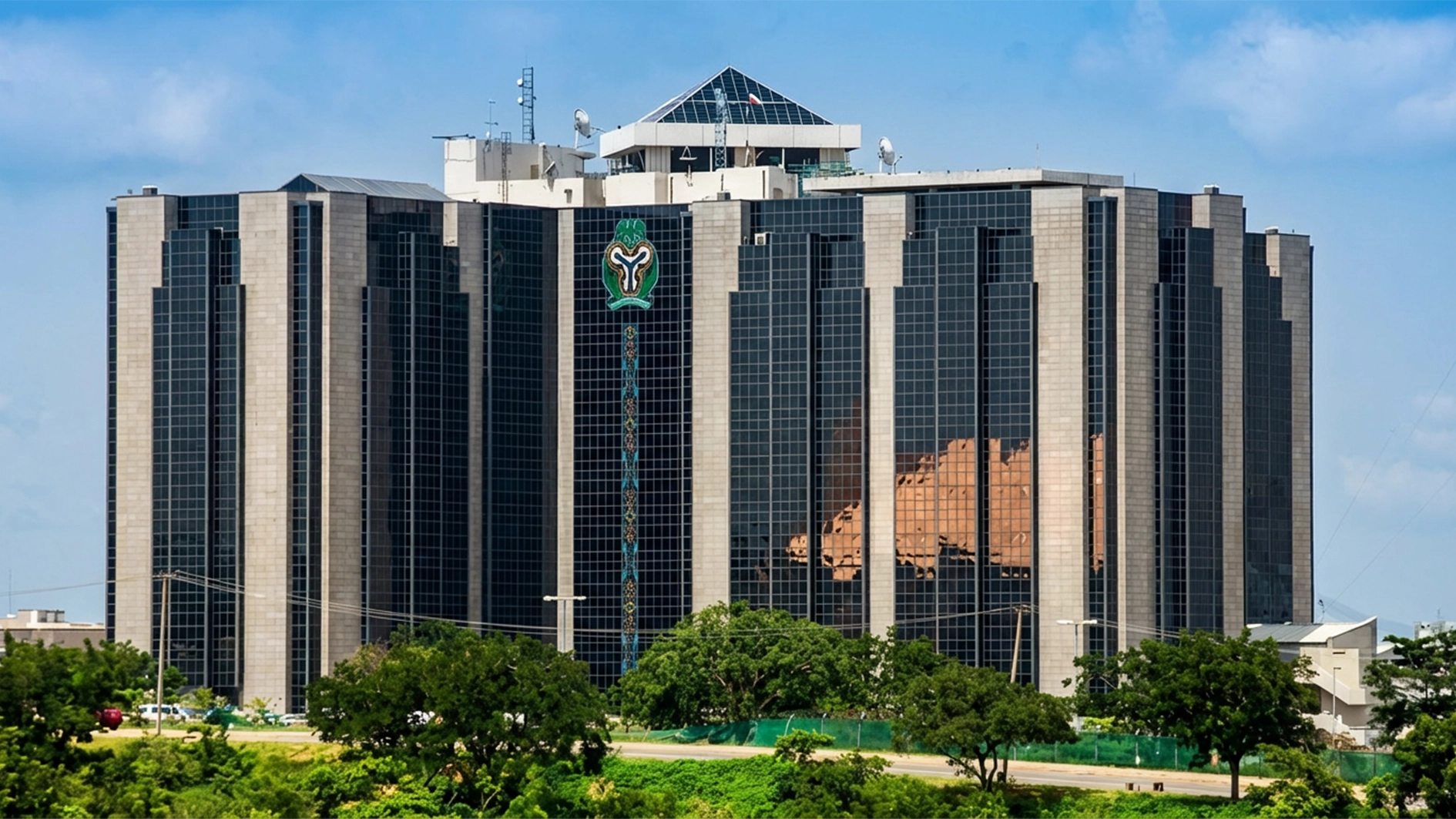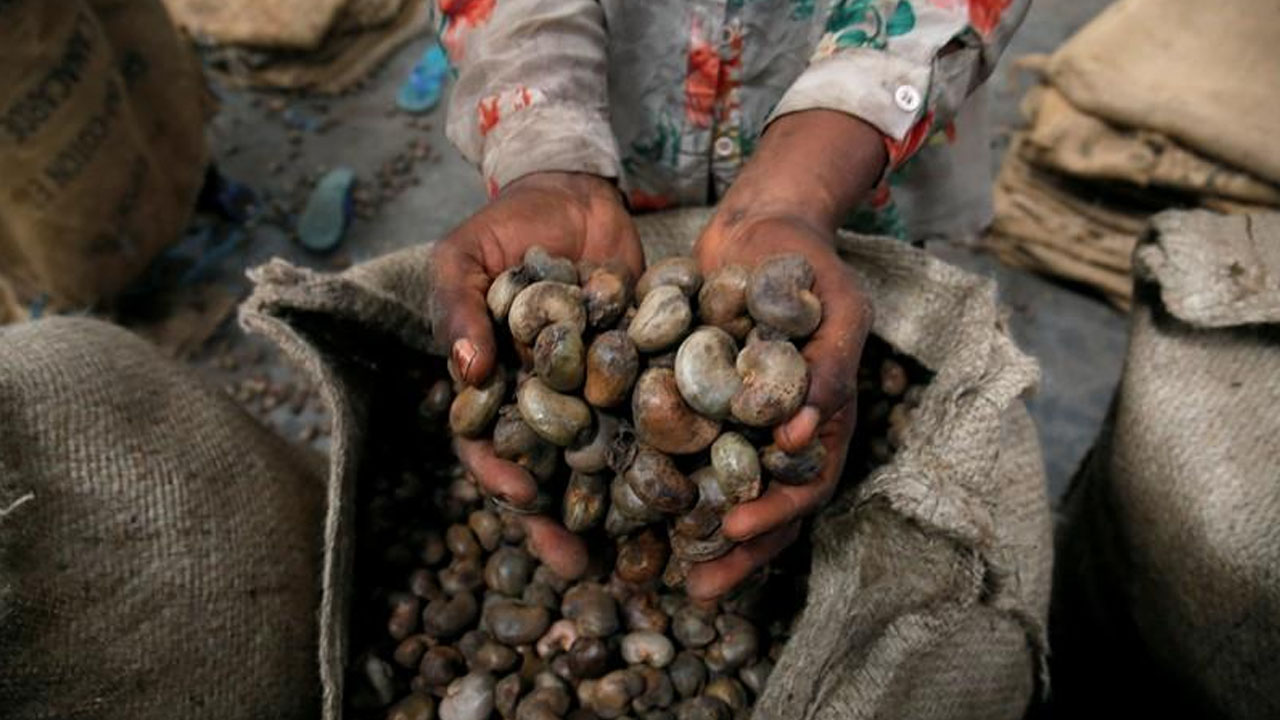The South African Institute of International Affairs (SAIIA) has called on South Africa and Nigeria to deepen cooperation in industrialisation and economic diversification, with a stronger emphasis on trade, blue economy and the creative industry.
The Programme Head of African Governance and Diplomacy, SAIIA, Steven Gruzd, made the call yesterday during a conversation with fellows of the MTN Media Innovation Programme (MIP4), at the University of the Witwatersrand in Johannesburg.
He said stronger collaboration between Nigeria and South Africa, two leading economies on the continent, would not only reinforce intra-African trade but would also strengthen the continent’s collective bargaining power in global economic negotiations.
Speaking on Africa’s positioning in international trade, Gruzd warned that the shifting trade policies and the uncertainty surrounding the African Growth and Opportunity Act (AGOA), especially with the United States increasingly using tariffs as a political weapon under President Donald Trump, could leave the continent’s economies vulnerable.
He said both Nigeria and South Africa should mitigate the imminent shocks by building resilient trade partnerships and unlocking their vast creative industry, as well as the marine and coastal resources/
“With the way Trump has been acting on tariffs and using them as weapons, I do not think AGOA is going to continue in the same form that it was. South Africa and Nigeria do need to put their heads together as to how to industrialise, diversify and develop the really dynamic business relations, and they are growing,” he said.
Gruzd noted the increasing presence of Nigerian firms in South Africa and South African companies operating in Nigeria, describing the trend as evidence of potential for deeper bilateral economic ties.
Gruzd stressed that both countries face challenges in projecting themselves as continental leaders on the international stage while grappling with domestic political turbulence.
He, however, praised the strength of South Africa’s Department of Trade, Industry and Competition and the Treasury for boosting its economy.
In the same vein, Gruzd placed particular emphasis on Africa’s maritime future, describing the blue economy as an underdeveloped frontier.
Gruzd said SAIIA contributed to developing the African Union’s Blue Economy Strategy, aimed at positioning African states in global maritime trade, while curbing illegal fishing, building indigenous maritime capabilities and enhancing regulation.
He urged Nigeria to channel greater investment into its marine and blue economy sector as well as the creative industries to diversify and grow its economy, create jobs, and strengthen its global competitiveness.
He warned that Nigeria’s overreliance on oil and imports leaves it vulnerable, despite its vast resources and population size, noting that it is still lagging in the Africa Continental Free Trade Area (AfCFTA) implementation.
Gruzd also highlighted that the shortage of vessels is significant, noting that it is time for Africa to develop its own shipbuilding expertise, like in Ireland, the United States, or Russia.
Alongside the blue economy, Gruzd pointed to Nigeria’s vibrant film, music, and television industries, with potential for greater cooperation beyond the likes of reality shows such as Big Brother Nigeria.
He argued that Nollywood and Afrobeats already showcase Nigeria’s global cultural influence, but require stronger institutional and cross-border support to reach their full economic potential.
Gruzd said that through the creative industry, Nigeria can lead and create massive employment opportunities for its young population.
Grudz also argued that the maritime and creative sectors offer untapped potential for growth and regional leadership.






